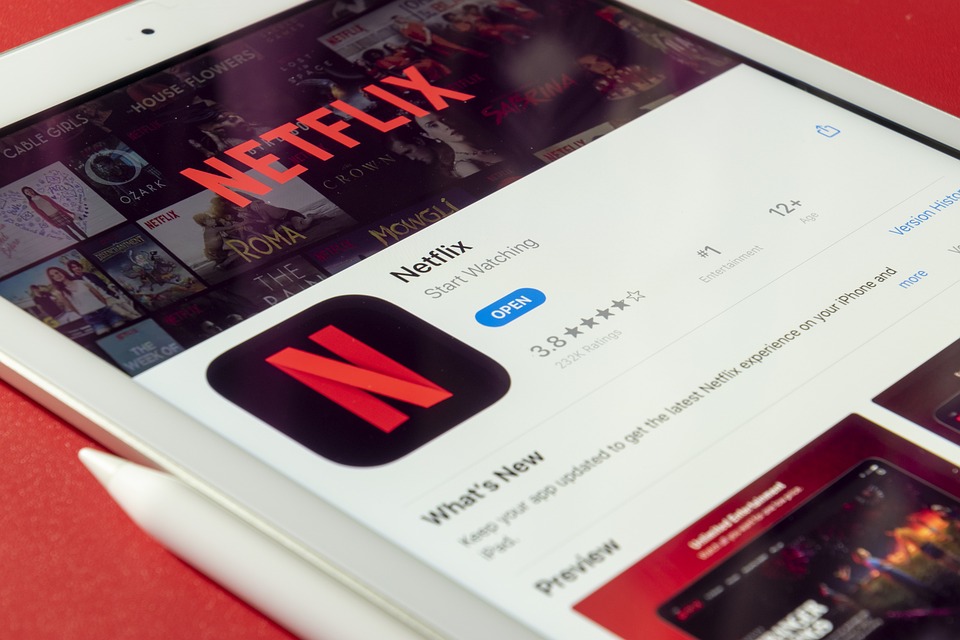The Rise of Alternative Social Media Platforms
In the age of the internet, social media has become an integral part of everyday life around the world. Platforms like Facebook, Twitter, and Instagram have become ubiquitous, with billions of users logging in every day to share their thoughts, photos, and videos with friends and followers. However, in recent years, the social media landscape has started to change. Alternative social media platforms are springing up, offering different approaches to social networking and challenging the dominance of the big players. In this article, we will explore the rise of alternative social media platforms and what they offer users in the crowded online universe.
What are Alternative Social Media Platforms?
Alternative social media platforms are online communities that offer distinct features and user experiences that differ from big social media platforms like Facebook, Twitter, and Instagram. Some are niche platforms that cater to specific interests or communities, while others offer alternatives to the business model of established social media platforms, putting privacy and user control first. Alternative social media platforms often target user bases who are dissatisfied with the big players or are looking for alternative experiences online.
Why the Rise of Alternative Social Media Platforms?
The rise of alternative social media platforms can be attributed to several factors. Firstly, there are concerns about privacy and data sharing among users of established social media platforms. Data breaches, widespread data collection, and targeted advertising all contribute to increased scrutiny of big social media platforms. Users are also looking for alternatives to the echo chamber effect of these platforms, where users only engage with like-minded individuals and advertising is predominantly targeted to fit users’ digital profiles.
Secondly, the coronavirus pandemic has led to increased use of online platforms and social media. With people staying at home, socializing through the internet has become even more critical for communication and community building. The pandemic presents an opportunity for alternative social media platforms to attract new users and offer more tailored, niche experiences for users searching for social connections.
Examples of Alternative Social Media Platforms
One of the most popular alternative social media platforms is TikTok. TikTok has exploded in recent years by offering a fun, short-form video platform that is addictive and easy to use. Content creators, influencers, and brands have flocked to the platform, which now boasts over one billion active monthly users.
Telegram is a popular alternative social media platform that is often used by activists and journalists, who value its strong privacy features, which include end-to-end encryption. Users can have large groups, up to 200,000 people, and send files of up to 2GB in size, making it great for sharing and distributing information.
Ello, launched in 2014, is a social media platform that focuses on design and creativity. It is an ad-free network that prioritizes user control over data and content, positioning itself as a haven for creatives and artists.
Parler is a social media platform that has been termed as the “conservative Twitter.” It boasts of its lack of censorship, positioning itself as a free speech platform, and attracts users who are angry with the perceived bias and censorship of established social media platforms.
Conclusion
The rise of alternative social media platforms reflects a growing appetite for social media experiences that are different from established, dominant platforms. Alternative social media platforms offer distinct features, user experiences, and business models that users eager for privacy, user control, and niche experiences are drawn to. The future of social media is a complex and rapidly changing landscape, with alternative platforms representing an exciting and growing aspect of online life.
FAQs
1. What are the advantages of using alternative social media platforms?
Using alternative social media platforms can give users more control over their data, offer a more tailored experience, and allow users to connect with communities with similar interests that are not available on established platforms.
2. Which alternative social media platforms are most popular?
The most popular alternative social media platforms include TikTok, Telegram, Ello, Parler, and Mastodon.
3. Are alternative social media platforms safe?
Alternative social media platforms may offer more privacy features, but users should always be careful about the information they share online and the people with whom they interact.
4. Can alternative social media platforms compete with established social media platforms?
Alternative social media platforms are growing in popularity and are carving out their niche in the social media landscape. They offer unique features and experiences that established social media platforms may not provide.
5. What is the future of alternative social media platforms?
The future of alternative social media platforms is an exciting and evolving landscape. Users will continue to search for unique experiences and niche communities that suit their needs, leading to more innovation and diversity in the social media space.






